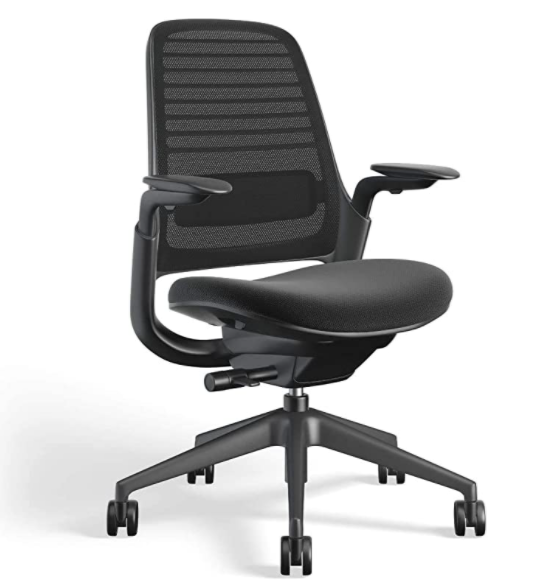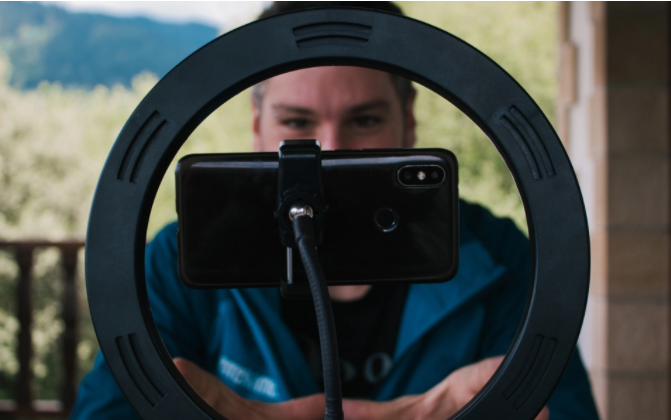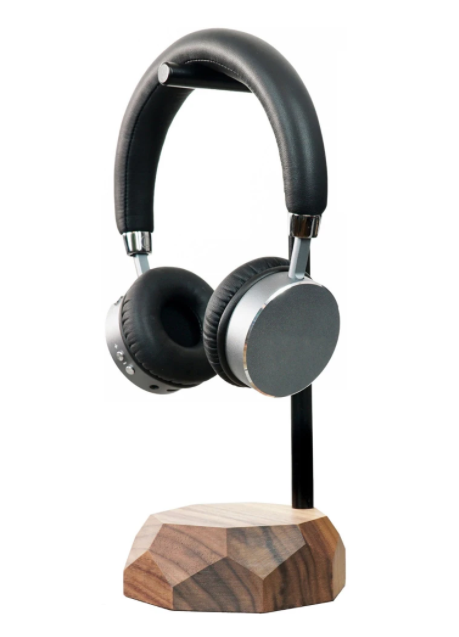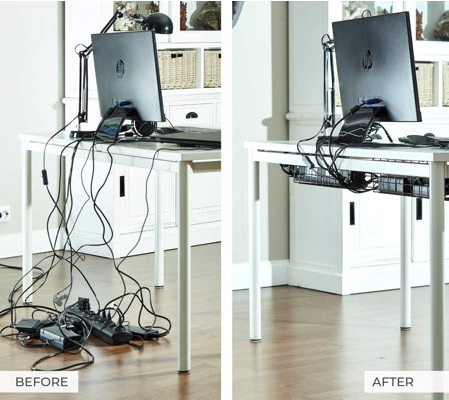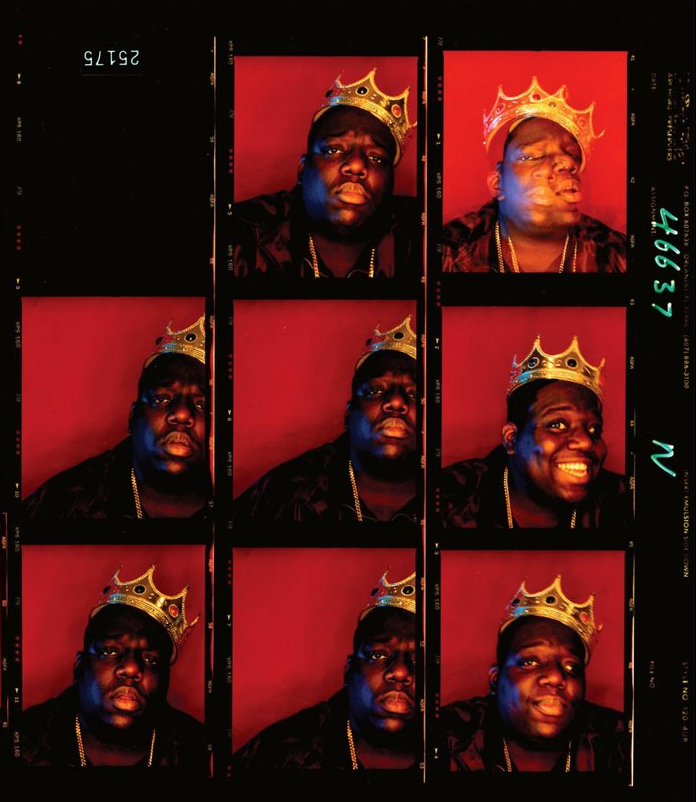I had a person work for me at a past job in HR. She performed the HR cardinal sin of sins, she shared personal, confidential information with an employee outside of HR. My problem was, this person was a high performer, an outstanding employee, she had a frustrating, weak moment, and did something you just can’t do in an HR position. This is what we call a Career Hickey. Sometimes you can survive these hickeys and cover them up, and continue to work as normal. Many times you can’t.
So now, this Hi-Po has a Huge Hickey. Interestingly though, this Hickey can’t be seen when you look at their resume or interview them in person, but it’s a Hickey they can’t get rid of. So, barring a life-turtleneck how does one cover this puppy up?
It’s interesting because I think that probably the best of us have a hickey or two that we would rather not have our current or future employer know about. Sometimes they’re big-giant-in-the-back-of-a-Chevy-17-year-old-I-will-love-you-forever hickeys and sometimes they’re just oops-I-lingered-a-little-too-long type of hickeys. Either way, I would rather not expose my hickeys and have to worry about how this will impact the rest of my professional life. And here’s where most people drive themselves crazy.
As HR Pros I think it’s important for us to be able to help our organizations determine the relative value of individuals. This person was a rock star at ABC company, did something wrong, and couldn’t maintain that position any longer with ABC because of said incident, and lost their job. Now we have a chance to pick up a Rock Star (and probably for a discount).
The question you have to ask is not could we live with this person if they did the same thing here? Because that really isn’t the question, you already have that answer is “No.”
The question is: do we feel this person learned from said wrongdoing and is there any risk of them doing it again?
You might come to the conclusion, “yes, they’ve learned, and yes, there is potential they might do it again” (let’s face it if they did it once, they’ve shown they can do it, so there’s always a risk), but it’s a risk we are willing to take.
So how does someone come back from a transgression at work? The answer is that they have some help. Eventually, someone is going to ask the question: “why aren’t you with ABC Company anymore?” They’ll give you the canned answer they’ve been developing since the moment they lost their job. If you’re a good interviewer, you won’t buy the first answer (I mean really – so you decided it was better off not to have a job – is what you’re telling me?!) and you will dig to see the hickey. Hickeys are funny in that you really can’t take your eyes off of them, once you see them, but for those who can get by the hickeys, you might just find a great talent who is grateful for the second chance.
But, you also might find someone who just likes being in the back of that Chevy and getting Hickeys. You’re the HR Pro though and that’s really why your company pays your salary – to mitigate risk vs. the quality of talent your organization needs to succeed. So, you have to ask yourself, can you live with a Hickey?



